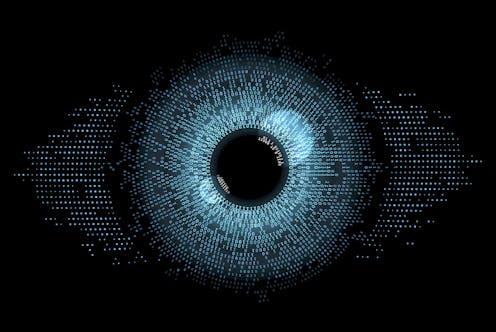A dystopian or utopian future? Claire G. Coleman's new novel Enclave imagines both
- Written by The Conversation

I was reading Noongar author Claire G. Coleman’s third novel, Enclave, a few days after the US Supreme Court overturned the Roe v Wade judgement, a political victory for a conservative project many years in the making.
As Michael Bradley argues in his recent article in Crikey, those driving this project “want to live in the America of their small imaginations: white, straight, patriarchal, Christian and mean”.
Review: Enclave – Claire G. Coleman (Hachette)
Such small imaginations also inhabit the world of Enclave. Divided into two parts, the novel opens in a dystopian society just enough like our own to be disconcerting.
The third-person narrative is told from the perspective of Christine, who is soon to turn 21. She has recently completed her undergraduate degree and is about to enrol in a Masters of Pure Mathematics. She has grown up in a walled town ruled by a Chairman and controlled by an Agency full of identity-less men in charcoal suits, backed up by security forces. People are led to believe that the widespread camera surveillance and armies of drones keep them safe.
The world is hotter than our own, so everyone lives indoors in temperature-controlled environments. Opening a window in your own home is enough to alert the security forces. Light does not illuminate – it sneaks up, heats up, blinds and glares. It is violent and ugly bright, not unlike the “blank and pitiless” gaze from W.B. Yeats’ poem The Second Coming.







